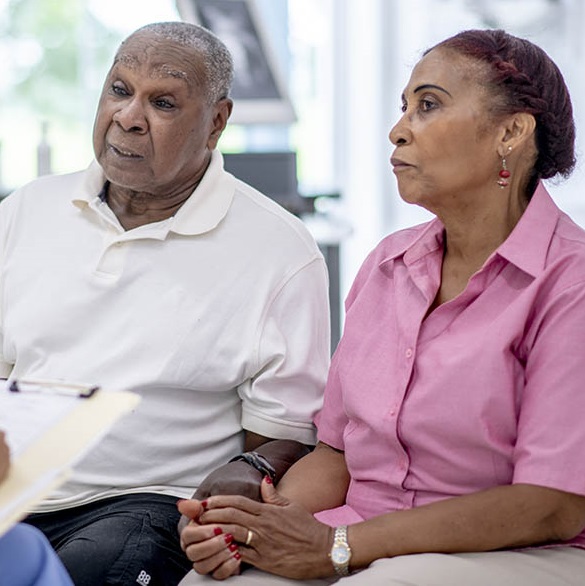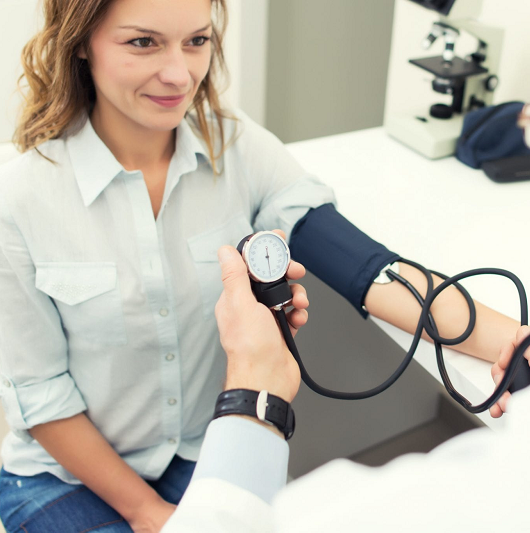How to Support Your Loved One Recovering from a Stroke

February 16, 2020
Your new role as caretaker can leave you feeling overwhelmed and wondering if life will ever be the same again.
Here is some advice from Spozhmy Panezai, M.D., clinical director of the Comprehensive Stroke Program at JFK Medical Center, to help you navigate important issues that will make the road to recovery smoother, both physically and emotionally.
Study up. Knowledge is power! Learning all you can from your loved one’s medical team can give you the courage and confidence to move forward. Some important questions to ask include:
- What kind of stroke has your loved one had?
- What are the effects of the stroke, including physical, cognitive and emotional effects?
- What is the short-term and long-term prognosis?
- What can be done to reduce the risk of another stroke?
- What can be done to make your loved one’s home safer? This may include moving the bedroom downstairs, rearranging furniture or rugs, adding bars in the bathroom or installing extra lights.
Join in on their care. Attend a few therapy sessions and doctor visits with your loved one so you can familiarize yourself with their problems and what they need to do to recover. Encourage and help them practice what they’ve learned. Be inspiring, but try not to unintentionally overburden them.
Find new ways to communicate. Speech and language skills can often be affected by a stroke, which can be frustrating for everyone. Create new strategies to communicate so that you can keep a meaningful connection. Some ideas:
Use drawings, gestures, pictures books or even a computer communication system to facilitate dialogue.
Ask yes or no questions.
Adjust the length and depth of your exchanges.
Find support. Learn about the services available in your community for stroke patients and their caregivers. Join a support group near you so you both can connect with other people who are experiencing similar issues or have advice to share.
Create a healthy toolkit. After a stroke, the risk of a having another stroke increases. In fact, about one in four stroke survivors suffers a second stroke. Speak to your health care provider about what you can do to reduce that risk.
This may include:
- Eating healthier
- Managing high blood pressure
- Controlling cholesterol and blood sugar
- Being more physically active
- Quitting smoking
- Losing weight
- Treating sleep disorder breathing
Don’t forget about yourself. Caregivers often become so involved with the needs of their loved ones that they forget their own needs. Although it may be difficult, it is important to admit when you feel overwhelmed and need help. You can reach out to friends, family, neighbors or other resources in the community.
When someone asks if they help you, don’t hesitate to reply with a specific request such as, “Could you relieve me next Thursday afternoon so I can get my hair cut?” A network of friends or family who can do one small task even once a week can make a big difference. Try to set aside 30 to 40 minutes a day to do something for yourself, whether it be taking a warm bath, reading a few chapters in a book or watching an episode of your favorite TV show.
Next Steps & Resources:
Learn how Hackensack Meridian Health is at the forefront of new innovation when it comes to stroke treatment and recovery.
Dr. Panezai practices in Edison. To make an appointment, call 732-321-7010.
Sources:
Spozhmy Panezai, M.D., clinical director, Comprehensive Stroke Program at JFK Medical Center.
The material provided through HealthU is intended to be used as general information only and should not replace the advice of your physician. Always consult your physician for individual care.





